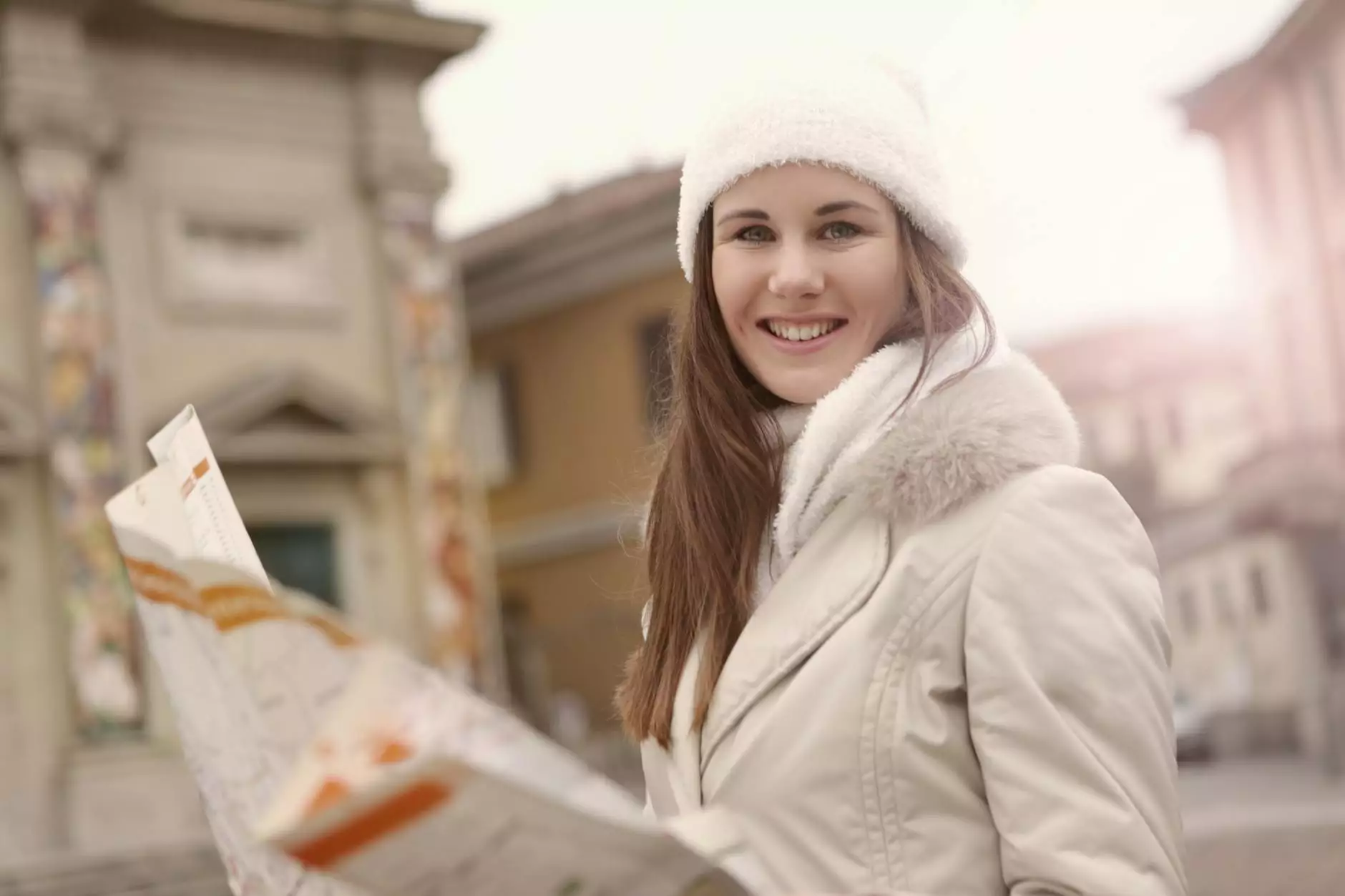The Ultimate Guide to CRM in the Pharmacy Business

As the pharmacy industry continues to evolve, businesses are constantly seeking innovative ways to enhance customer relationships and streamline operations. One powerful tool that has gained popularity in recent years is Customer Relationship Management (CRM) software. In this comprehensive guide, we will delve into the world of CRM and its impact on pharmacy businesses.
Understanding CRM in the Pharmacy Setting
CRM encompasses strategies, technologies, and practices that businesses use to manage and analyze customer interactions throughout the customer lifecycle, with the goal of improving relationships with customers, assisting in customer retention, and driving sales growth. In the pharmacy setting, CRM software plays a crucial role in optimizing patient engagement, personalized services, and overall operational efficiency.
Benefits of Implementing CRM in a Pharmacy Business
Implementing a robust CRM system offers a myriad of benefits for pharmacy businesses. From enhancing customer service to increasing operational productivity, CRM can transform the way pharmacies operate and interact with their customers. Some key benefits include:
- Enhanced Customer Relationships: CRM software enables pharmacies to maintain a comprehensive database of customer information, allowing personalized interactions and targeted marketing campaigns.
- Improved Patient Experience: By analyzing customer data and preferences, pharmacies can offer tailored services and recommendations to enhance the overall patient experience.
- Optimized Inventory Management: CRM systems can help pharmacies track product demand, manage inventory levels, and anticipate future needs, leading to efficient supply chain management.
- Increased Sales and Revenue: By understanding customer behavior and preferences, pharmacies can implement targeted marketing strategies to drive sales and boost revenue.
Features of CRM Software for Pharmacy Businesses
Modern CRM solutions tailored for pharmacy businesses offer a wide range of features designed to streamline operations and improve customer interactions. Some key features include:
- Customer Data Management: Capture and store comprehensive customer information, including purchase history, preferences, and communication history.
- Automated Marketing Campaigns: Design and execute targeted marketing campaigns based on customer segments and behavior patterns.
- Appointment Scheduling: Allow patients to schedule appointments and receive reminders through the CRM system, enhancing service efficiency.
- Integration with Pharmacy Management Systems: Seamlessly integrate CRM software with pharmacy management systems for a holistic approach to patient care and business operations.
Implementation of CRM in the Pharmacy Setting
Successfully implementing CRM software in a pharmacy business requires careful planning, training, and continuous evaluation. Pharmacy owners and managers should consider the following steps when implementing CRM:
- Assess Business Needs: Identify specific goals and challenges that the CRM system aims to address within the pharmacy setting.
- Select the Right CRM Solution: Choose a CRM software provider that offers features tailored to the needs of pharmacy businesses and provides reliable support.
- Provide Training and Support: Train pharmacy staff on using the CRM system effectively and provide ongoing support to ensure successful implementation.
- Monitor and Evaluate Performance: Regularly review CRM system analytics and feedback to make adjustments and improvements for optimal performance.
Overall, CRM software has the potential to revolutionize pharmacy businesses by enhancing customer relationships, improving operational efficiency, and driving business growth. By embracing CRM technology, pharmacies can stay ahead of the competition and deliver exceptional patient-centered care.
For more information on implementing CRM in your pharmacy business, visit Veribase.
crm pharmacy








